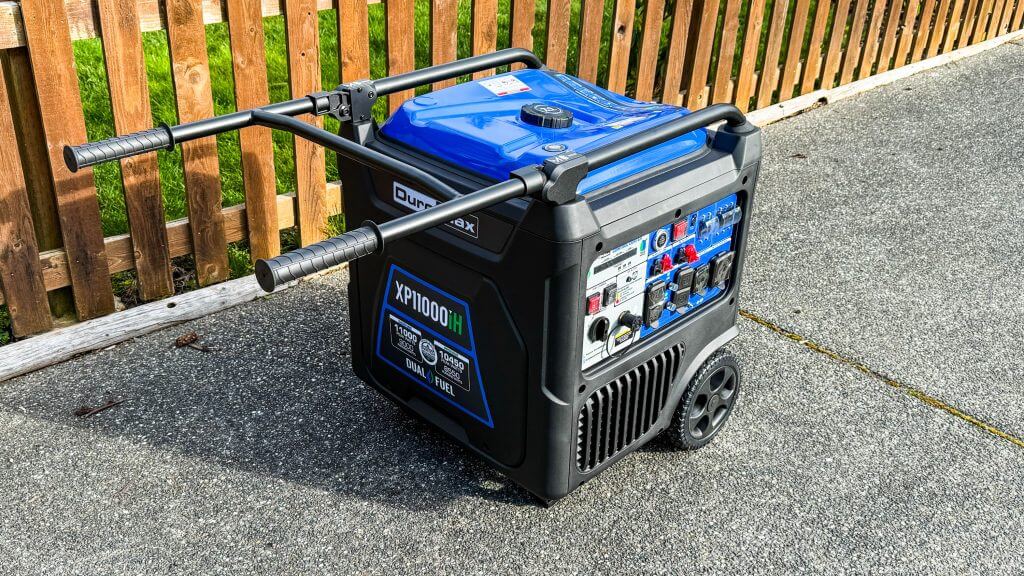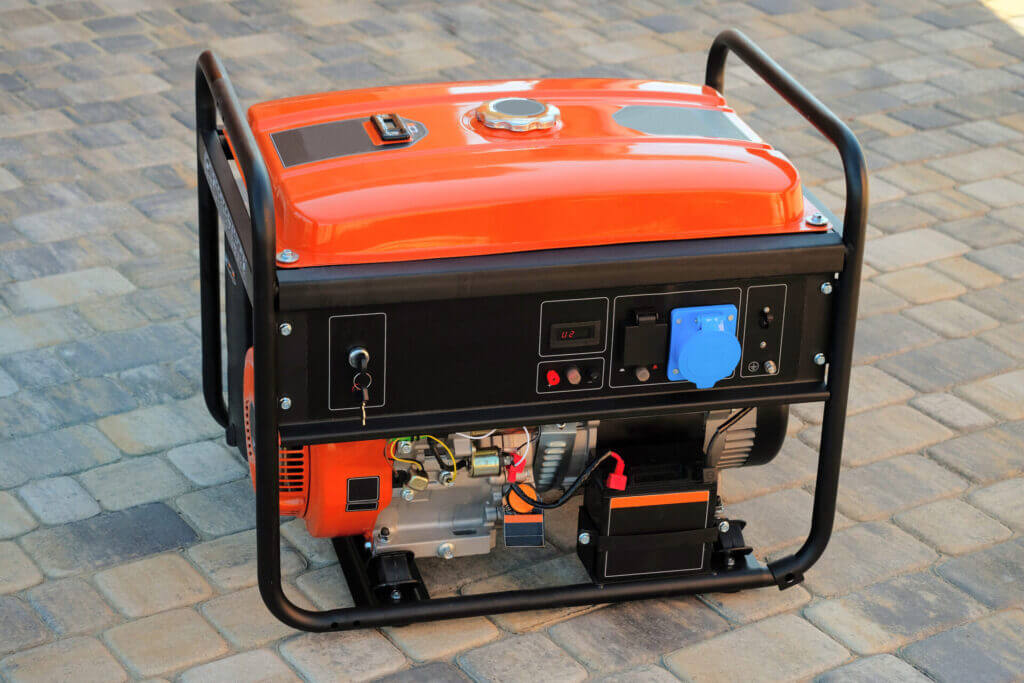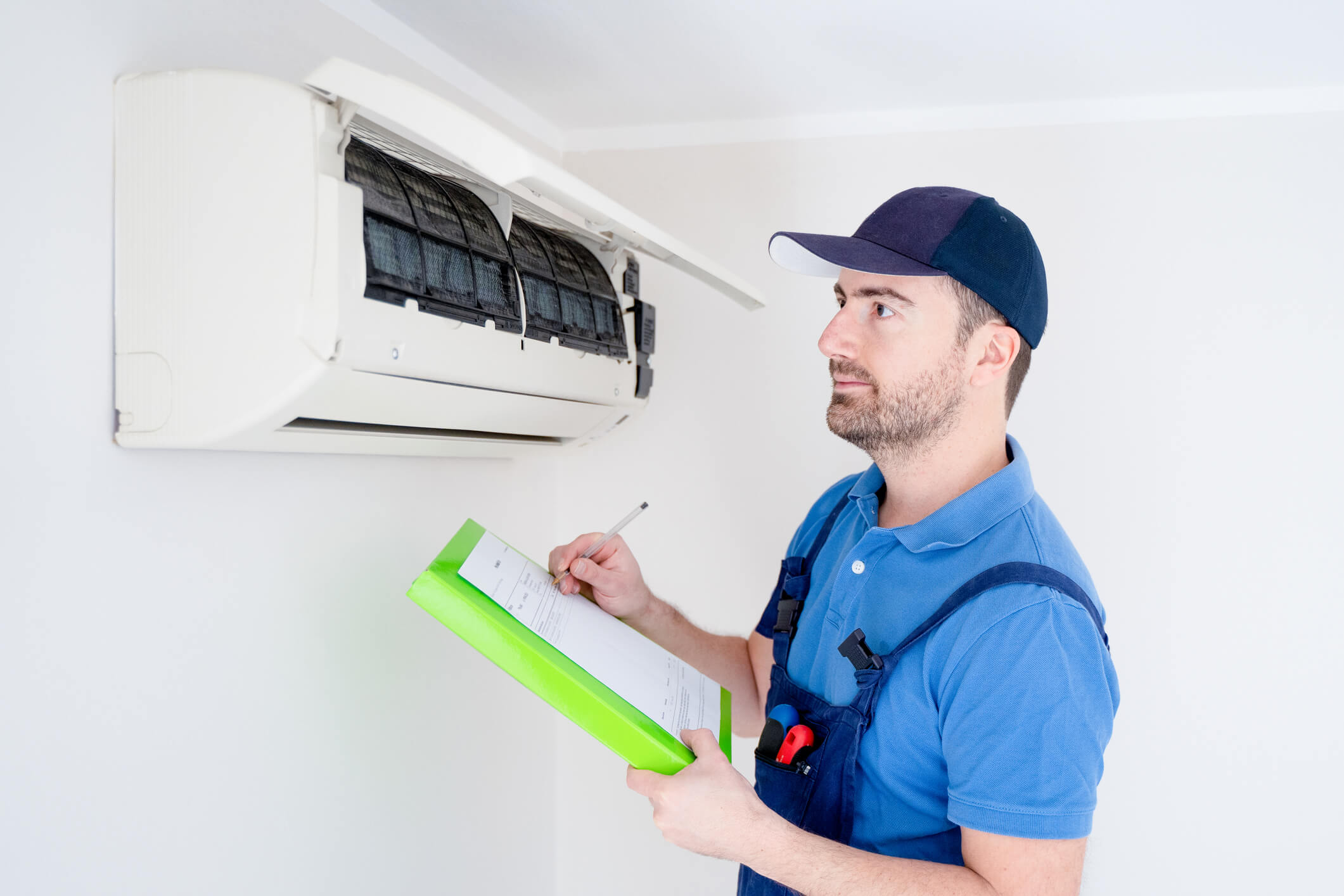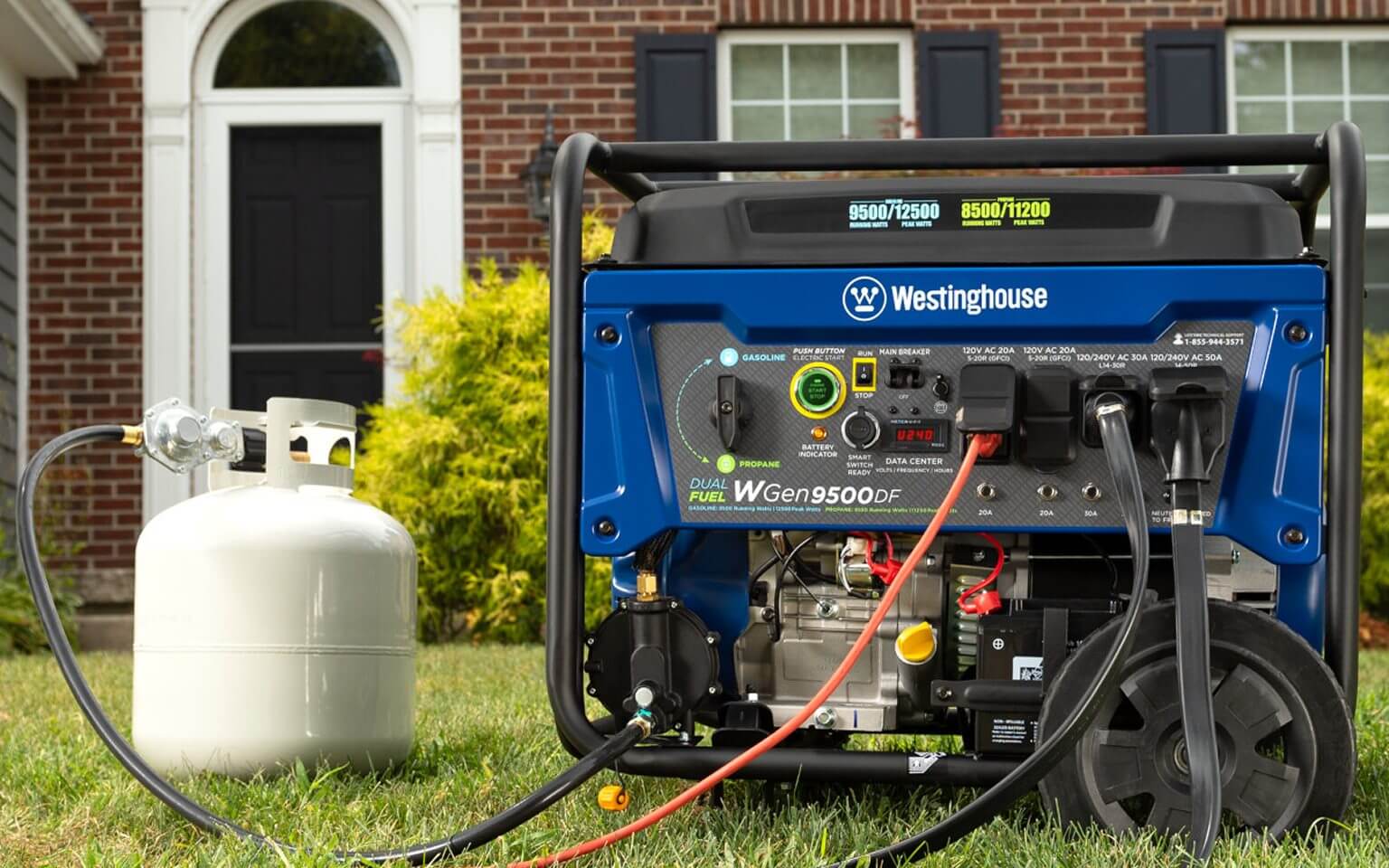Are you doing a generators project?
Modernize can pair you with three to four pros in your area, so you can compare options and save time and money.
- Why Asking the Right Questions Matters
- 1. What size generator do I really need?
- 2. Should I choose a manual or automatic transfer switch?
- 3. Where is the safest place to run the generator?
- 4. What fuel type makes the most sense for me?
- 5. How long can the generator run without refueling?
- 6. What’s the total cost beyond just buying the generator?
- 7. Do I need professional installation, or can I DIY it?
- 8. How will I store and maintain it?
- 9. What’s the warranty and service support like?
- The Bottom Line
Why Asking the Right Questions Matters
Power outages happen — sometimes in the middle of a thunderstorm, sometimes on a perfectly sunny day thanks to grid issues. A portable backup generator can be a lifesaver, keeping essentials like your fridge, medical devices, or even just your Wi-Fi running.
But before you grab the first one you see on sale or schedule the installation, it’s worth asking the right questions. That way, you’ll end up with a generator that fits your home, your budget, and your needs — without over- or under-buying.
Here are the key questions to ask before you plug in.

1. What size generator do I really need?
Bigger isn’t always better. Too much power output and you’ve spent money on wattage you’ll never use; too little and you’ll be left in the dark — literally. Make a list of the appliances and devices you must keep running during an outage, then add up their wattage. Don’t forget essentials like the fridge, sump pump, medical equipment, or heating system. An electrician or installer can help you size up correctly so you’re getting exactly what you need.
2. Should I choose a manual or automatic transfer switch?
A transfer switch is what safely connects your generator to your home’s electrical panel.
- Manual: More affordable but requires you to flip it on during an outage.
- Automatic: Pricier, but kicks in without you lifting a finger — ideal if you travel often or want zero downtime.
Your choice depends on budget, convenience, and how often you’re home during outages.
3. Where is the safest place to run the generator?
Safety first: portable generators should be at least 20 feet from your home and away from windows, doors, and vents to prevent deadly carbon monoxide buildup. You’ll also want a flat, stable surface and possibly a weatherproof cover if you’ll be using it during storms. Never run it in a garage — even with the door open.
4. What fuel type makes the most sense for me?
Portable generators typically run on gasoline, propane, or sometimes diesel.
Find the Right Contractor for Your generators Project
Whether you’re ready to begin your project now or need some expert advice, our network of contractors are here to help. With a few simple questions, we’ll find the best local professionals for you
- Gasoline: Easy to find but can be tricky to store long-term.
- Propane: Stores longer, burns cleaner, but needs a dedicated tank.
- Diesel: Efficient, but units can be heavier and pricier.
Think about what will be easiest to get your hands on during an emergency — especially if fuel stations are closed.
5. How long can the generator run without refueling?
If you’re in an area with frequent or prolonged outages, runtime is key. Check the manufacturer’s specs for fuel consumption rates. A bigger tank usually means more hours of power, but it can also make the generator bulkier and harder to move.
6. What’s the total cost beyond just buying the generator?
The sticker price is only part of the story. You may also need:
- A transfer switch
- Installation labor
- Heavy-duty extension cords
- Fuel storage containers
- Routine maintenance supplies
Sometimes, these extras can add up to nearly as much as the generator itself, so budget accordingly.
7. Do I need professional installation, or can I DIY it?
If you’re just running extension cords from the generator to a couple of appliances, you might not need an installer. But if you’re connecting it directly to your home’s panel with a transfer switch, professional help isn’t just safer — in many areas, it’s legally required.
8. How will I store and maintain it?
Generators need a dry, secure storage spot and should be run periodically to keep the engine in good shape. Ask your installer or consult the manual for a maintenance schedule. Skipping upkeep can mean your generator won’t start when you need it most.
9. What’s the warranty and service support like?
If something goes wrong, you don’t want to be stuck without local support. Check if there’s a service center nearby or if repairs require shipping it off. A solid warranty can save you from costly surprises later.
The Bottom Line
The right portable backup generator can turn a blackout from a crisis into a minor inconvenience. By asking these questions before you buy or install, you’ll be prepared for whatever comes your way — whether it’s a summer storm, a winter freeze, or just an unpredictable power grid.
When the lights go out, you’ll be glad you planned ahead.
Find the Right Contractor for Your generators Project
Whether you’re ready to begin your project now or need some expert advice, our network of contractors are here to help. With a few simple questions, we’ll find the best local professionals for you
Reviews from Real Homeowners
Welcome to Homeowner Resources! We are the Modernize blog. Modernize pairs more than 3 million homeowners a year with pre-vetted contractors in their area. This blog started because we believe homeowners should know everything about their homes, from how their HVAC works to which front door colors they might love. On Homeowner Resources, you can find information on every part of your home, right down to how you can negotiate with contractors to get the best price. Here's more about the blog.
Need a contractor? Learn more about how Modernize finds the right pro for you.



